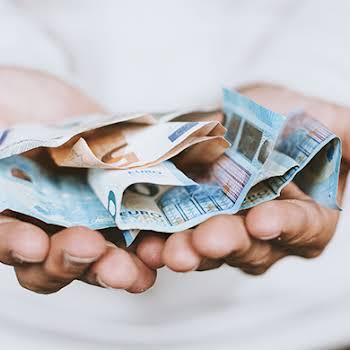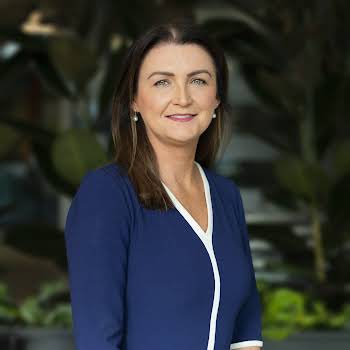
By IMAGE
13th Oct 2014
13th Oct 2014
Finances and feelings are an unusual coupling. More unusual still, is the practice of using emotions to drive our fiscal well-being. Or is it? Considering the language surrounding money (I’m skint, terrible with money, went mad with the credit card), it’s unsurprising the subject holds such emotional charge. Think about it. Aside from relationships, money is the one topic that causes people untold stress and anxiety. And after all, isn’t money a relationship?
That’s what Kate Northrup, author of Money: A Love Story believes. Having erased $20,000 worth of consumer debt in under a year, Northrup devised her own practice of ‘feel-good financial planning’ which puts the personal in personal finances. So if your relationship with money could use some TLC or, indeed, if extracting your ostrich head from the financial quicksand is in order; then why not try out some of Kate’s trusty tips. Trust me, they feel good:
1. Start a ‘Money Love’ Journal
Make like a teenager and start a journal – only this time your crush is money. Use the same time and attention to plot your role in this love story. What’s your earliest money memory? What have been your highs and lows? Acknowledge the challenges of your path. Choose moments to reframe – were there U-turns or dead ends that led you back to a valuable lesson? How did you grow? More to the point, are you the heroine or victim of this saga. You decide.
2. Identify Financial Energy Leaks
Awareness is key to feel good financial planning. Make a copy of your most recent bank and credit card statements. Identify the nature of each expense and how it made you feel: expanded or contracted? List those expenses in your Money Love Journal that made you feel small (or guilty). Which category features most? Clothing? Food? Going out? Explore the dominant theme in more detail. Can you remember the nature of the expense? Was it special or unconscious? Dig deep and uncover the emotions driving your spending motivation.

3. Pay Attention
Many of us live in a money fog. (Do you know approximately how much you spent this week?) Choosing practices that can be done frequently and quickly, help develop financial awareness on a micro and macro level. Daily, try checking your bank balance (with a side of gratitude); unclutter your wallet weekly and total your expenses. Monthly, create a spending plan and don’t forget to set annual financial goals with a money mentor who can keep you accountable. What’s more, invest in a wallet or bag that makes your money feel special. Don’t treat it like a bin for sweet wrappers and mangled receipts.
4. Start a ‘Money For Me’ Account
Reappropriate money saved from one of your financial leaks to a ‘Money for Me’ account. Cutting back on unnecessary expenses (cabs home from work, takeaway coffees) or deciding against buying something doesn’t always feel good, even if the action itself is laudable. Feeling as though that cash is being paid forward for something more valuable (to pay a bill, invest, save or a special treat) is truly an act of self-care.
Discover these tips and more in Money: A Love Story by Kate Northrup (Hay House, 2013)
AnnMarie O’Connor @aocdotme
?























